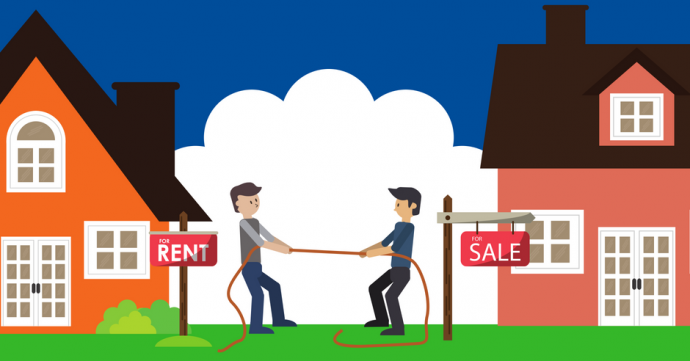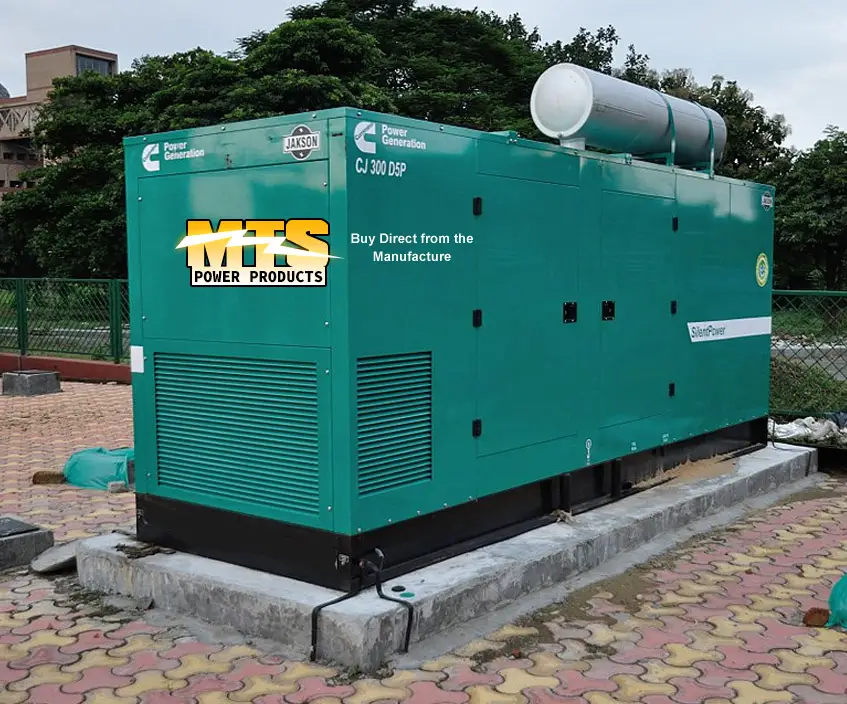How Much Does Roofing Cost in Nigeria? A Guide to Materials and Installation Charges

Roofing is a critical component of any building, providing protection from the elements and contributing significantly to the overall aesthetics and value of a property. In Nigeria, the cost of roofing varies widely due to factors such as material choice, labor charges, roof design, and regional differences. This comprehensive guide aims to provide detailed insights into the costs associated with roofing in Nigeria, helping you make informed decisions for your construction projects.
Factors Influencing Roofing Costs in Nigeria
Several key factors influence the overall cost of roofing in Nigeria:
- Type of Roofing Material: The choice of material significantly impacts cost, durability, and maintenance requirements. Common materials include aluminum, stone-coated steel, and galvanized iron.
- Roof Design and Complexity: Complex designs with multiple angles, valleys, and elevations require more materials and labor, increasing costs.
- Size of the Roof: Larger roofs require more materials and labor, directly affecting the total expenditure.
- Labor Costs: Skilled labor charges vary based on expertise, location, and the complexity of the roofing project.
- Location: Prices for materials and labor can vary between urban and rural areas, with cities like Lagos and Abuja often having higher rates.
- Additional Components: Elements such as gutters, insulation, and roofing accessories add to the overall cost.
Types of Roofing Materials and Their Costs
Understanding the various roofing materials available in Nigeria and their associated costs is crucial for budgeting.
- Long Span Aluminum Roofing Sheets
Description: Lightweight, durable, and resistant to corrosion, these sheets are popular for residential and commercial buildings.
Price Range: ₦4,500 to ₦6,500 per square meter, depending on thickness, quality, and brand.
- Stone-Coated Roofing Sheets
Description: These sheets combine the durability of metal with an attractive stone-coated finish, offering aesthetic appeal and longevity.
Price Range: ₦4,000 to ₦5,000 per square meter, with some high-end options reaching up to ₦8,000 per square meter.
- Zinc Coated Roofing Sheets (Galvanized Iron)
Description: Made of steel sheets coated with zinc to prevent rusting, commonly used in industrial and residential buildings.
Price Range: ₦4,000 to ₦6,500 per square meter, depending on gauge and quality.
- Aluminum Step Tile Roofing Sheets
Description: Feature a step-like profile that enhances water runoff and adds visual interest, suitable for various building types.
Price Range: ₦2,800 to ₦4,000 per square meter, based on thickness and brand.
- PVC Roofing Sheets
Description: Economical and lightweight, ideal for temporary structures and agricultural buildings.
Price Range: ₦1,000 to ₦1,500 per square meter, depending on thickness and quality.
- Fiberglass Reinforced Plastic (FRP) Roofing Sheets
Description: Offer high strength and resistance to corrosion, suitable for various applications.
Price Range: ₦2,000 to ₦3,500 per square meter, depending on specifications.
- Corrugated Metal Roofing Sheets
Description: Traditional roofing material known for strength and versatility.
Price Range: ₦1,200 to ₦2,000 per square meter, based on gauge and quality.

Labor Costs for Roofing Installation
Labor costs in Nigeria vary based on factors such as the complexity of the roof design, the type of materials used, and regional differences.
Per Square Meter: Installation labor charges typically range from ₦1,000 to ₦2,500 per square meter.
Per Day: Some contractors may charge daily rates between ₦5,000 and ₦10,000, depending on expertise and location.
It’s essential to obtain multiple quotes from reputable contractors to ensure competitive pricing and quality workmanship.
Estimating the Total Roofing Cost
To estimate the total cost of roofing your building, consider the following steps:
- Calculate the Roof Area: Measure the total square meters of the roof surface.
- Select Roofing Material: Choose the material that fits your budget and design preferences.
- Determine Material Costs: Multiply the roof area by the cost per square meter of your chosen material.
- Add Labor Costs: Multiply the roof area by the labor cost per square meter or calculate based on daily rates and estimated completion time.
- Include Additional Expenses: Factor in costs for accessories like nails, ridge caps, gutters, and insulation.
Example Calculation
Assuming a 3-bedroom bungalow with a roof area of 150 square meters:
Material: Long Span Aluminum Roofing Sheets
Material Cost: 150 sqm x ₦5,500/sqm = ₦825,000
Labor Cost: 150 sqm x ₦1,500/sqm = ₦225,000
Additional Materials: Estimated at ₦100,000
Total Estimated Cost: ₦825,000 + ₦225,000 + ₦100,000 = ₦1,150,000
Tips for Reducing Roofing Costs
- Obtain Multiple Quotes: Comparing offers from different suppliers and contractors can lead to better deals.
- Purchase Materials in Bulk: Buying in bulk may attract discounts.
- Opt for Simple Roof Designs: Complex designs increase both material and labor costs.
- Schedule During Off-Peak Periods: Contractors may offer lower rates during less busy times.
- Regular Maintenance: Proper maintenance extends the lifespan of your roof, delaying the need for costly replacements.
Conclusion
Roofing costs in Nigeria are influenced by various factors, including material choice, labor, and design complexity. By understanding these elements and planning accordingly, you can make informed decisions that align with your budget and building requirements. Always prioritize quality and durability to ensure a long-lasting and secure roof for your property.
For a visual breakdown of roofing costs, you might find this video helpful:


1 Comment